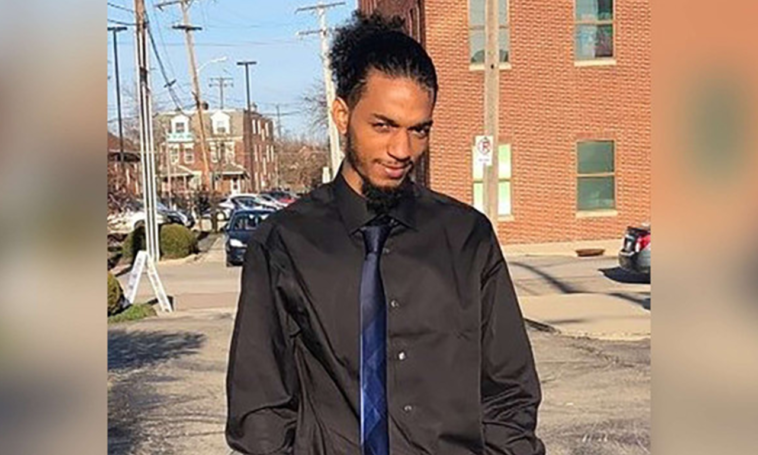The trial of former officer Jason Meade began on Wednesday, a crucial step in finding justice for Casey Goodson Jr., who died more than three years ago.
Jason Meade, a former deputy, faces murder and reckless homicide charges for shooting Casey Goodson Jr. in December 2020. Entering his grandmother’s Columbus home, Goodson was shot and died. Legal sanctions await Meade, who disputed all charges.
“Six bullets hit the back. The defendant shot everything into Casey Goodson’s back without warning. An unjustified shooting.” Special Prosecutor Gary Shroyer
Special prosecutor Gary Shroyer emphasized the wrongful shooting in his opening statement. Shroyer stressed, “Defendant fired six rear shots into Casey Goodson’s back without suspicion of a threat. An unjustified shooting.”
Kaitlyn Stephens, the defense attorney, advised jurors to follow court rules and evaluate the case without pity.
The trial highlighted 23-year-old Casey Goodson Jr.’s tragic death entering his home. In February 2021, Goodson’s mother revealed that a high-powered firearm hit him six times from behind.
The incident occurred when Columbus Police Officer Jason Meade fatally shot Goodson, mistaking his sandwiches for a pistol. Goodson, a legal gun owner, brought a bag of Subway sandwiches home from the dentist.
The police say Goodson was ordered to drop the handgun, but his family says he was wrongfully targeted and posed no immediate threat. Police narrative gaps and lack of transparency have raised accusations of a cover-up.
The trial highlights police violence accountability and transparency problems. The similarities to Andre Hill’s shooting highlight a worrying trend of unarmed Black people being shot in the back without police accountability.
Casey Goodson Jr.’s family and the public expect a fair and open trial. The outcome of this trial may affect police brutality and accountability.
This quotation summarizes the case against the former officer, highlighting the injustice of Casey Goodson Jr.’s fatal shooting and the necessity for responsibility.
Justice and responsibility in police violence cases hinge on former officer Jason Meade’s trial for shooting Casey Goodson Jr. In December 2020, 23-year-old Black man Goodson died in an unreasonable manner. The trial proceedings illuminated the tragedy.
Special prosecutor Gary Shroyer stressed that Goodson never threatened Jason Meade in his opening arguments. The defendant is accused of unnecessary firing and a lack of reasonable suspicion, as “six shots in the back” illustrates.
The defense, represented by attorney Kaitlyn Stephens, urges jurors to follow the court’s standards and assess the case without being affected by pity or empathy. This sets the scenario for a trial that requires careful evidence analysis and fairness.
Goodson’s mother disclosed the autopsy results in February 2021, emphasizing the tragedy. Goodson was shot six times from behind with a high-powered rifle, raising questions about police accountability and openness.
Using sandwiches as weapons highlights the problems of unconscious prejudice and quick judgments. A licensed gun owner returning home with a bag of sandwiches, Goodson, was fatally shot, underlining the need to rethink policing.
Similar examples, such as the shooting of Andre Hill, highlight a worrying trend of unarmed Black people being shot from behind without police accountability. This trial’s decision affects police reform and the urgent need for systemic change.
This trial’s popularity shows a growing demand for police violence transparency, accountability, and justice. We hope the trial will deepen our understanding of policing and lead to actions to prevent future fatalities.
In conclusion, Jason Meade’s trial for shooting Casey Goodson Jr. is crucial to justice. The courtroom examines Goodson’s death and its ramifications for law enforcement systemic issues. This judicial process is central to the fight for police accountability and public rights.




Join the Community and Be a Part of the Conversation
You must be logged in or registered to post a comment.